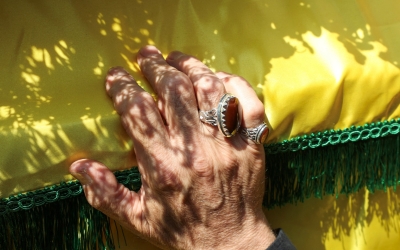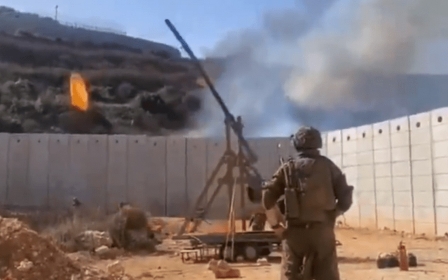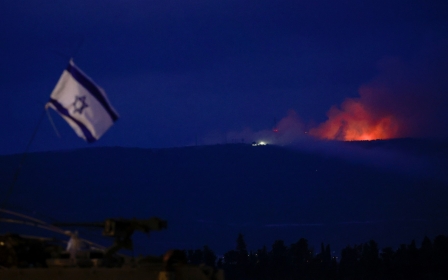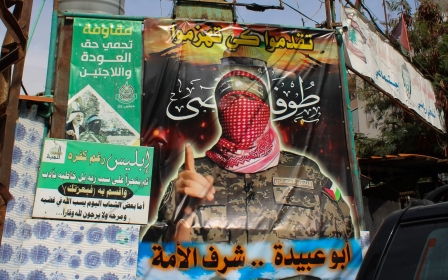US envoy visits Israel in bid to avert war with Hezbollah
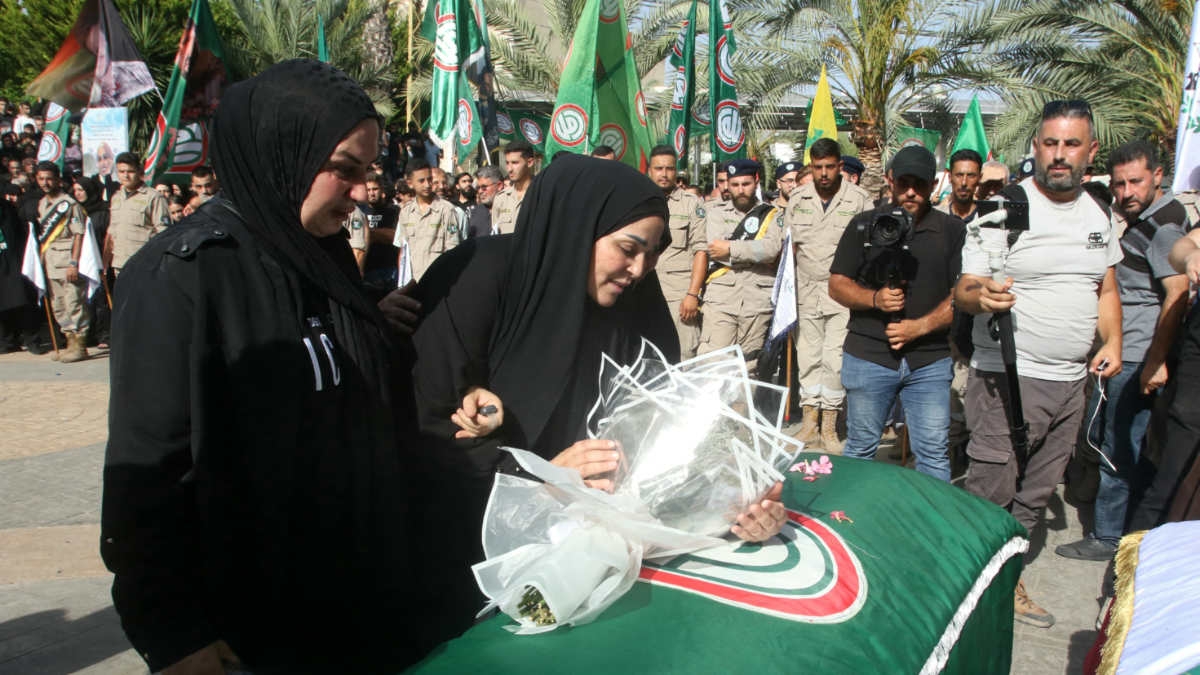
US special envoy Amos Hochstein arrived in Israel on Monday in a bid by President Joe Biden's administration to avert soaring tensions between Hezbollah and Israel from erupting into a wider war.
Hochstein met Israeli Prime Minister Benjamin Netanyahu along with National Security Adviser Tzachi Hanegbi, Strategic Affairs Minister Ron Dermer and Chief of Staff Tzachi Braverman.
Hochstein's visit to Israel underscores the urgency in Washington to prevent Israel's war on Gaza from descending into a wider regional conflagration. Axios reported that he may travel to Beirut after Israel.
Hezbollah and Israel have exchanged near daily fire since 7 October. The fighting has displaced over 86,000 Lebanese and anywhere from 60,000-96,000 Israelis from their homes.
But the fighting has escalated significantly since Israel assassinated a top Hezbollah field commander last week. Hezbollah, the powerful Iran-backed Lebanese movement, fired over 200 missiles into Israel in retaliation and has vowed to intensify its attacks after the killing of Taleb Sami Abdallah.
New MEE newsletter: Jerusalem Dispatch
Sign up to get the latest insights and analysis on Israel-Palestine, alongside Turkey Unpacked and other MEE newsletters
Hezbollah has also changed the scope of its attacks against Israel, downing several advanced Hermes 900 drones, firing anti-aircraft missiles against Israeli jets and even carrying out a symbolic strike against an Iron Dome air defence unit.
Hezbollah last week said it has carried out more than 2,100 military operations against Israel since 8 October, the day after Hamas's attack.
"Hezbollah is becoming more audacious, and I think the Israelis are surprised by this," said Amal Saad, a Hezbollah expert and lecturer in politics at Cardiff University, told MEE previously.
Israel wants Hezbollah's elite Radwan force, which has an estimated 2,500 fighters, to move north of the Litani River, about 30km from the border, as mandated by UN resolution 1701. Israel has said it will accomplish this either by a diplomatic solution or if a solution fails, a major military offensive.
US Secretary of State Antony Blinken said during a trip to the region in June that "the best way" to help resolve the Hezbollah-Israel fighting was "a resolution of the conflict in Gaza and getting a ceasefire".
Hezbollah has sought to link negotiations over the fighting to a ceasefire in Gaza, which Israel has resisted.
Avert regional war
Since 7 October, one of the Biden administration's main policy goals has been to prevent fighting in Gaza from seeping out beyond the besieged enclave's borders.
The US has been unable to prevent Houthi rebels in Yemen from launching attacks on commercial shipping routes, but it has generally avoided an all out regional war.
The closest the Middle East came to a full-scale regional war was in April when Iran launched hundreds of drones and missiles at Israel from its territory in response to an Israeli attack on the Iranian embassy in Syria.
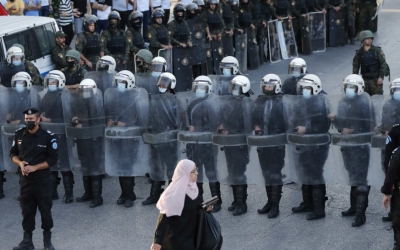
The US and its allies - including Jordan - were able to shot down nearly all of them. Iran and the US have since managed to keep a lid on tensions with backchannel meetings.
A former US official familiar with the Biden administration's thinking told MEE that the fighting between Israel and Hezbollah poses the most serious risk to US efforts to contain the war and could risk a direct clash between the US and Tehran.
The conflict also poses risks for Tehran and Hezbollah, which is the most powerful military and political force in Lebanon, a bankrupt Mediterranean country divided sharply along sectarian lines.
Hochstein is the Biden administration's top emissary to Israel and Lebanon. He brokered a historic maritime border demarcation deal between the two in 2022, which was approved by Hezbollah.
His key intermediaries with the group are Lebanon deputy parliament speaker Elias Bou Saab and politicians belonging to Lebanon's Shia political party Amal, like Nabih Berri. The US has labelled Hezbollah a terrorist organisation.
Middle East Eye delivers independent and unrivalled coverage and analysis of the Middle East, North Africa and beyond. To learn more about republishing this content and the associated fees, please fill out this form. More about MEE can be found here.


